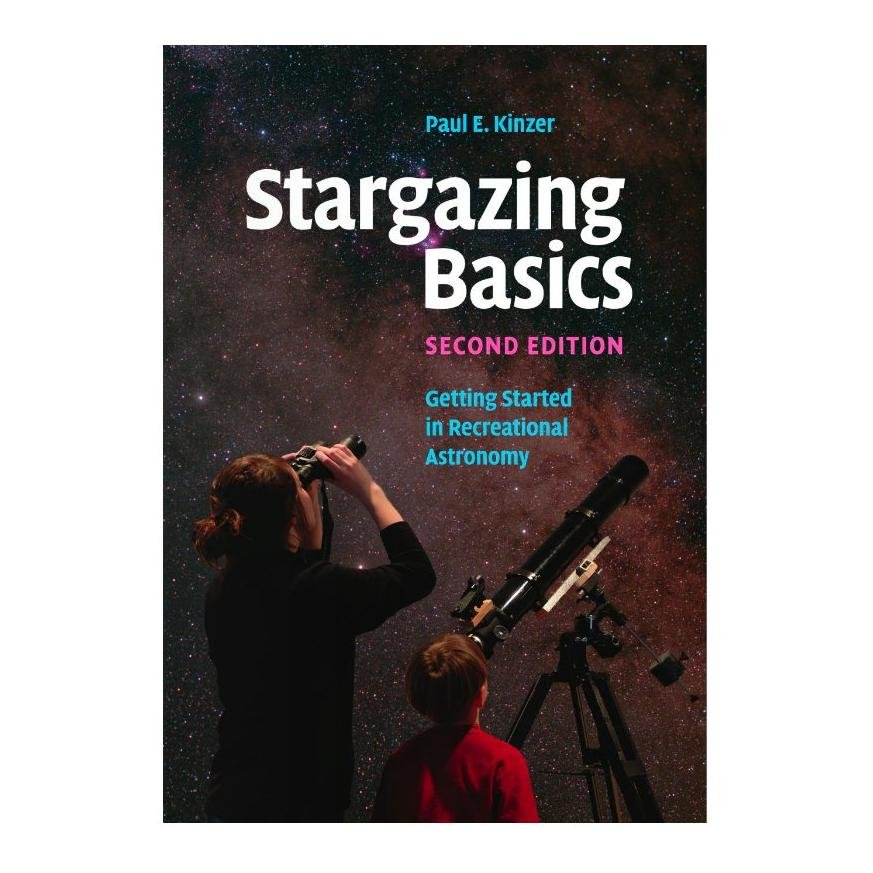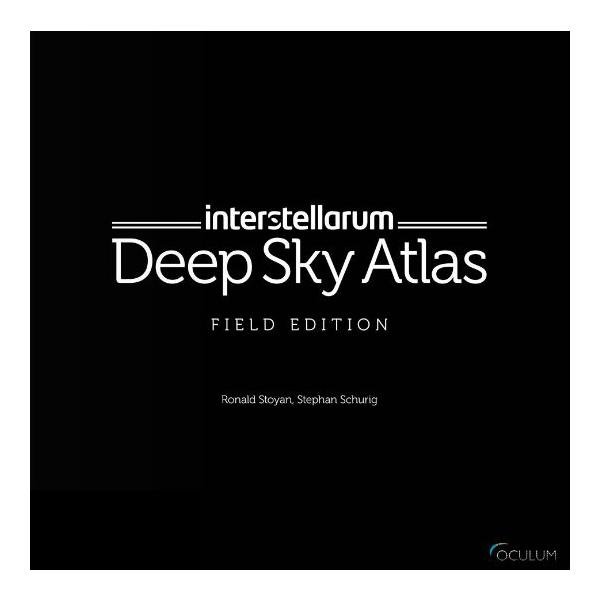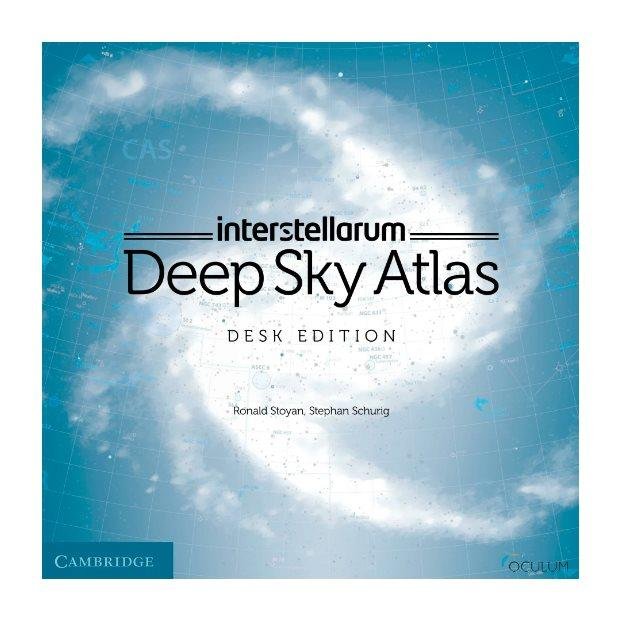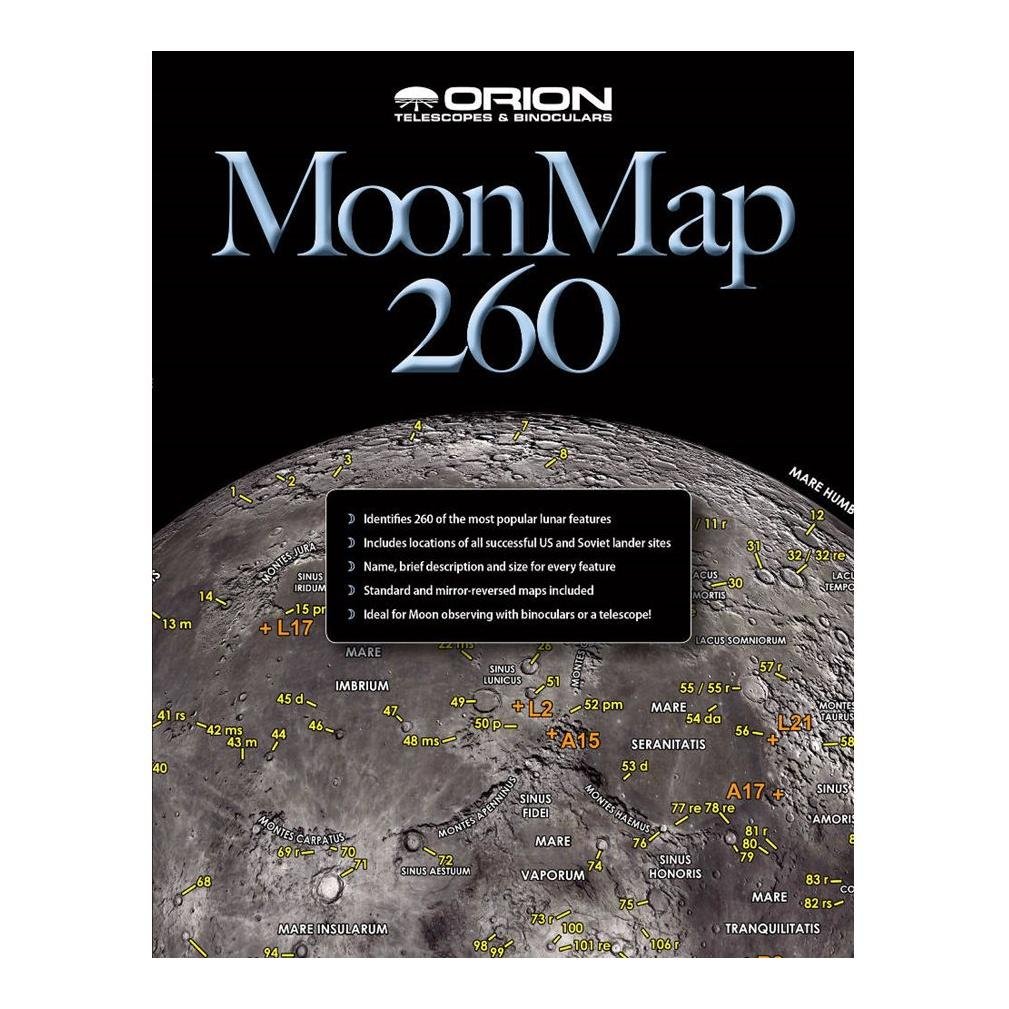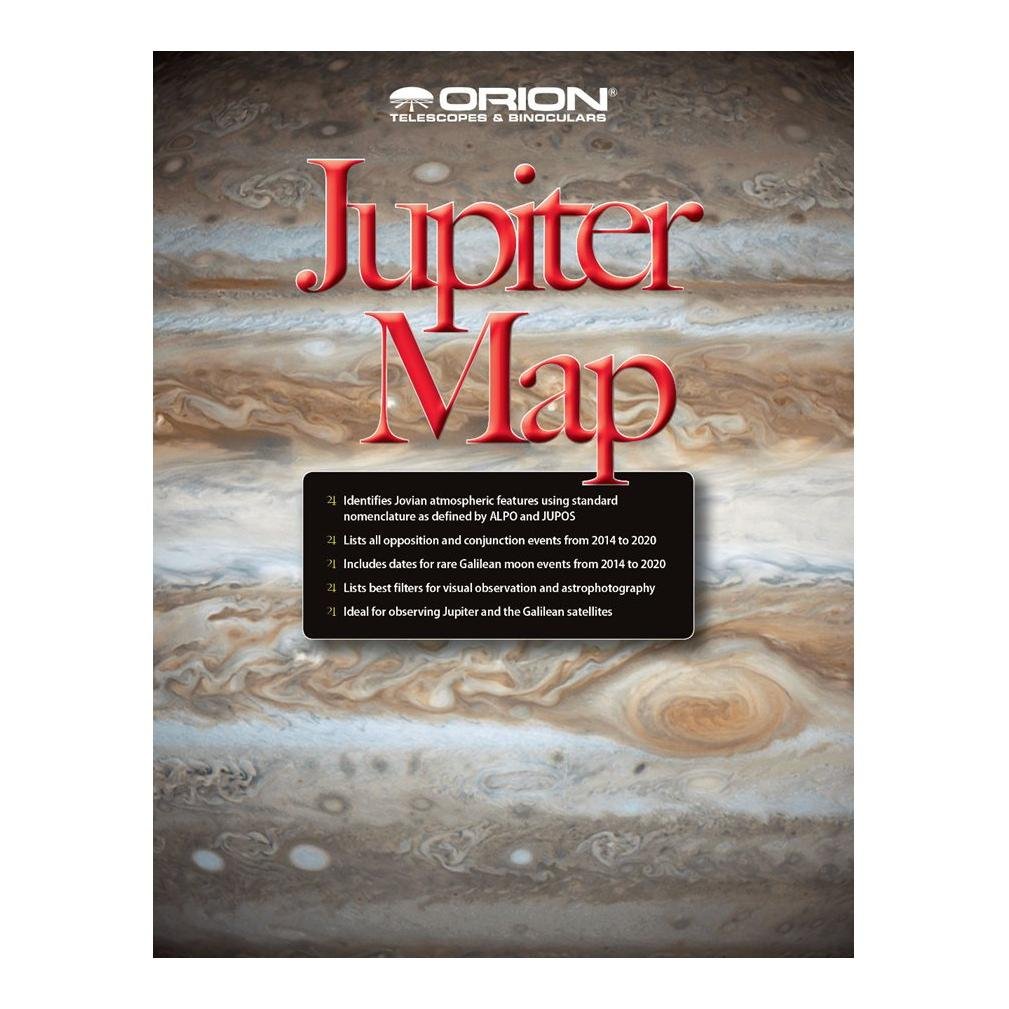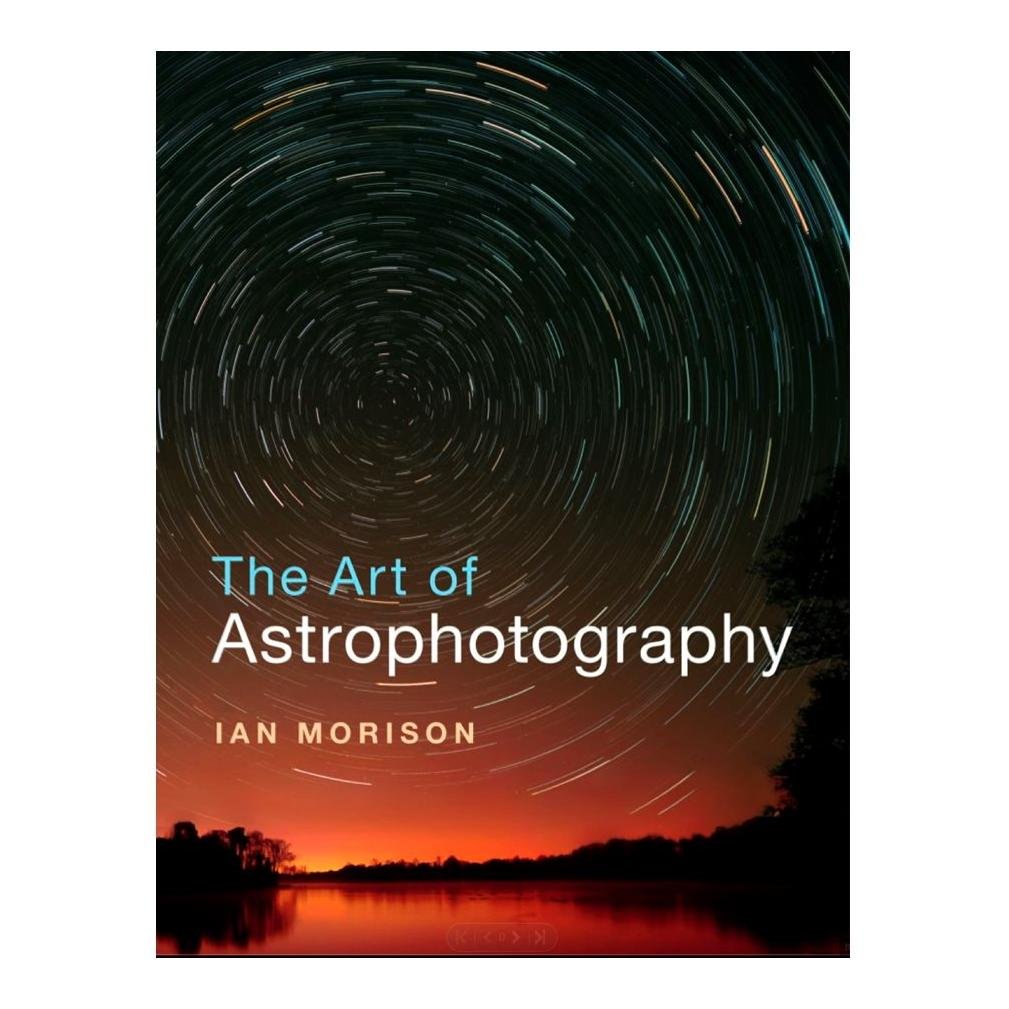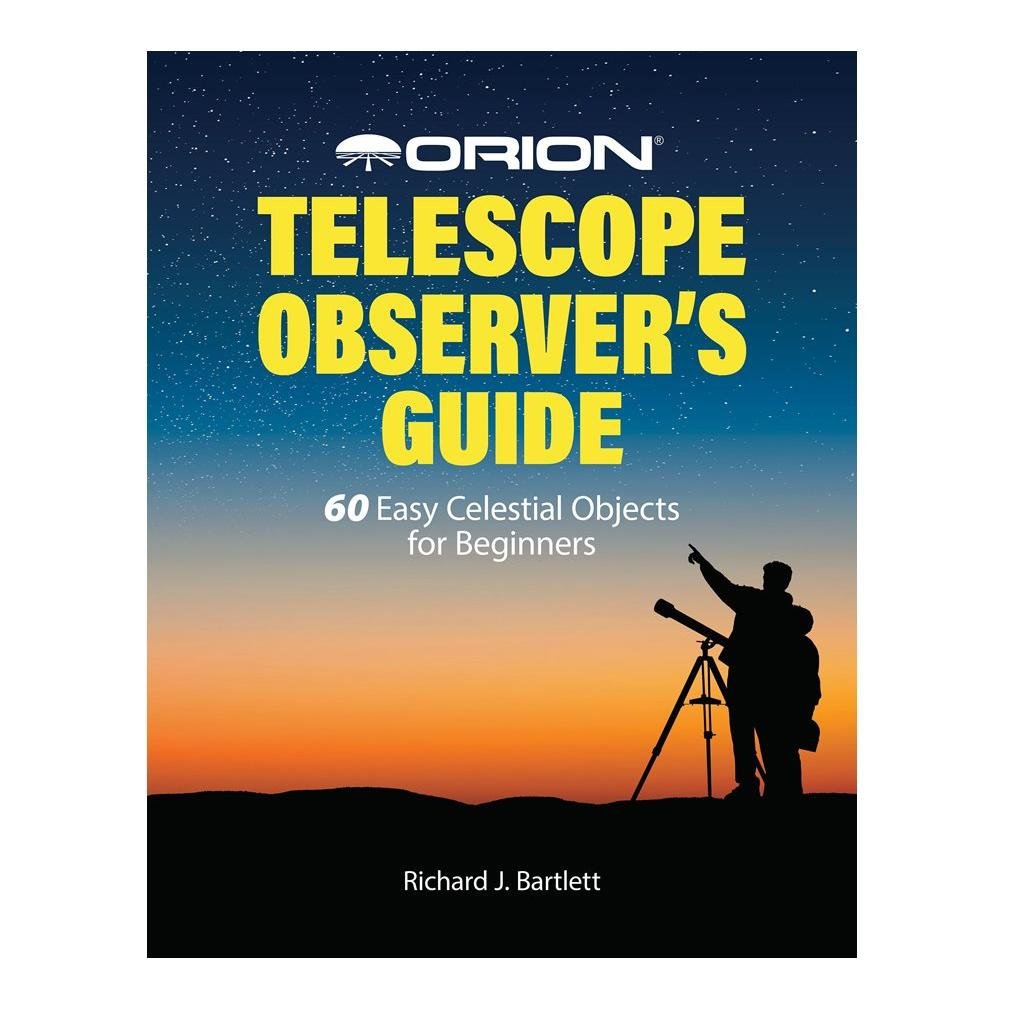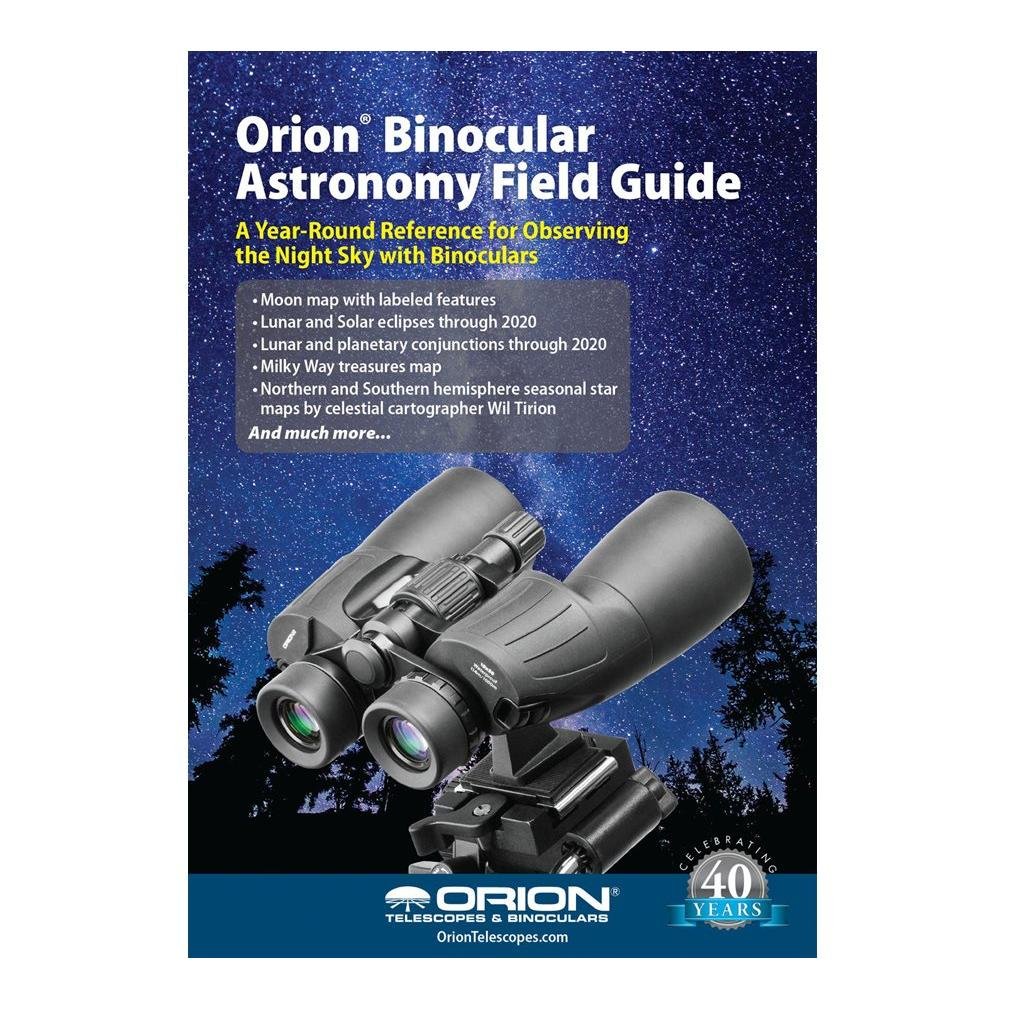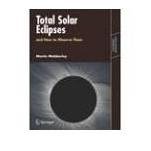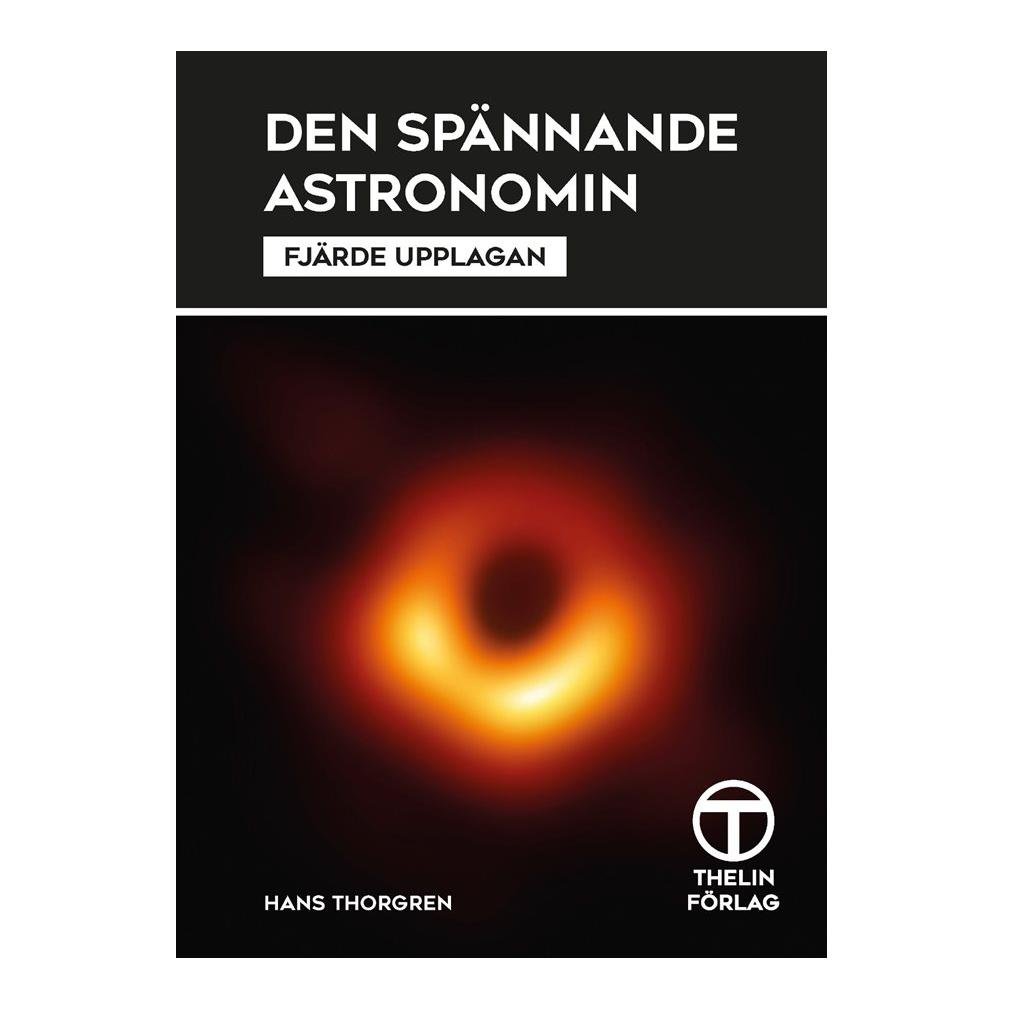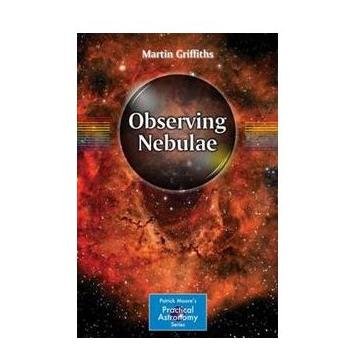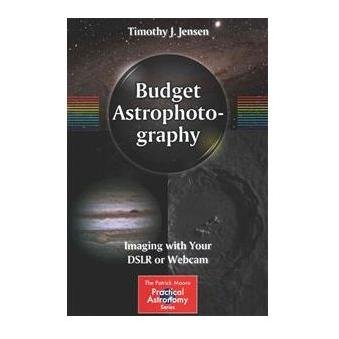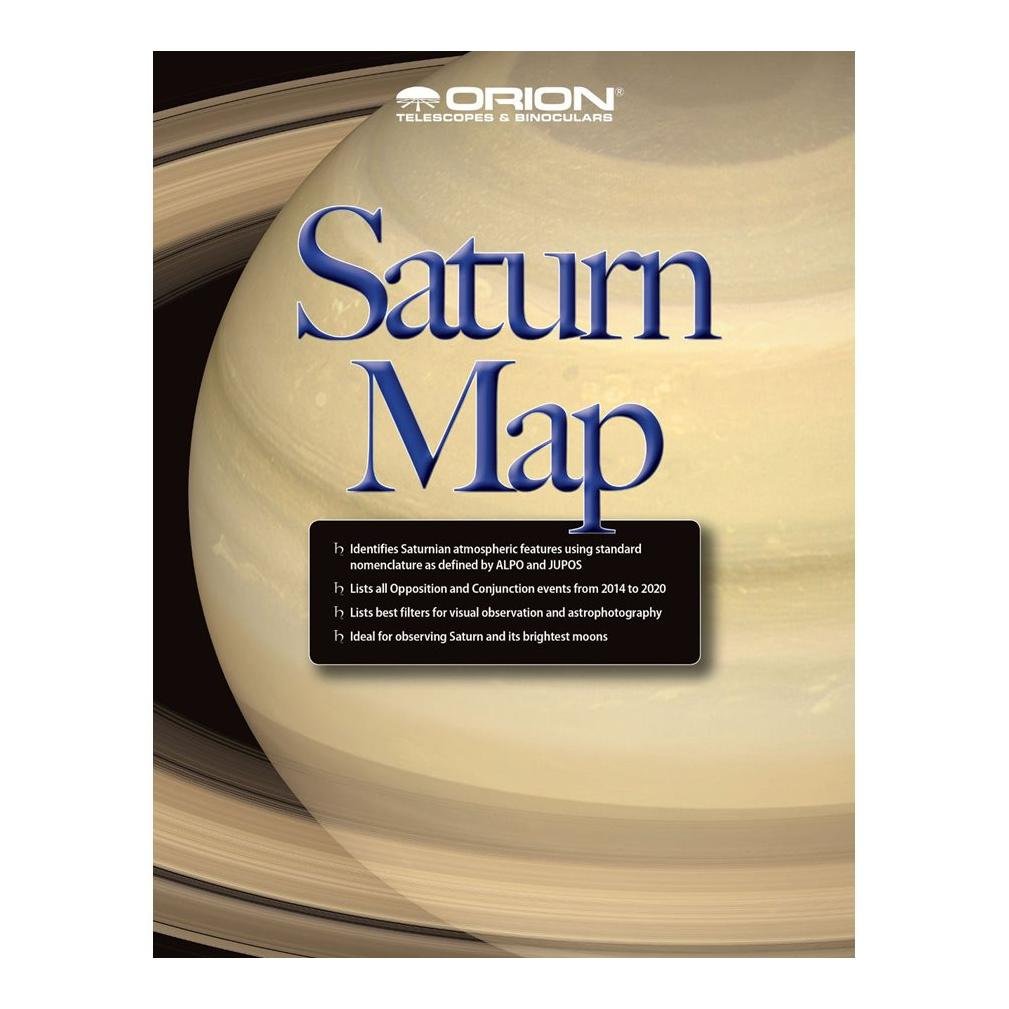How do I get started in astronomy? Should I buy binoculars or a telescope? What can I expect to see? This wonderful beginners’ guide to astronomy covers all the information you need to get started. This second edition has been fully updated and now includes new illustrations, the latest astronomy equipment and celestial events through to the year 2025. It starts by explaining the basic techniques and equipment you need for exploring the skies before taking you on a tour of the night sky, covering the Moon, Sun, stars, planets and more. Any necessary technical terms are clearly explained. The author gives sound advice on using and purchasing affordable binoculars, telescopes and accessories, and the book is illustrated with photos taken by the author, showing how objects in the sky actually look through modest amateur equipment. It contains a comprehensive glossary and references to further astronomy resources and websites.Stargazing Basics 2 ed. by Paul E. Kinzer
Everything a beginner needs to get started in recreational astronomy
* Generously illustrated with images of both the equipment needed and what a beginner might see in the night sky, now including colour photos
* Contains a comprehensive glossary and references to further astronomy resources and websites as well as celestial events through to the year 2025
* EDITION: 2nd Edition
* DATE PUBLISHED: July 2015
* FORMAT: Paperback
* ISBN: 9781107439405
* LENGTH: 173 pages
* DIMENSIONS: 246 x 175 x 8 mm
* WEIGHT: 0.38kg
* CONTAINS: 91 b/w illus. 12 colour illus. 8 maps
Reviews & endorsements
Review of previous edition: ’If you have a budding astronomer in your life, then this certainly is a book that you should consider as a gift, or buying yourself, if you’re that emerging stargazer. I remember when I first turned my dad’s binoculars toward the night sky. I had no idea what I was looking at or the proper way to do stargazing. Some 55 years later, this small, information-packed book has arrived. I wish I had these fundamentals packed into one book back then … I highly recommend this well-written book for anyone interested in learning about the night sky, using and/or purchasing binoculars or a telescope, and desiring to learn how to become a knowledgeable stargazer.’ Robert Garfinkle, Sky and Telescope
Review of previous edition: ’The extensive glossary is a real jargon buster and will be a great help for the absolute beginner. I enjoyed this book hugely and recommend it very strongly. Kinzer is a true enthusiast. If he does not get you out there and looking up, no one will.’ The Observatory
Review of previous edition: ’In clear, accurate and precise terms, [this book] explains what sort of things you are likely to see … observing the sky, and from the beginning sets out to dispel common misconceptions about what is needed in order to get pleasure from observing. The descriptions of different types of binocular and telescope set-up are particularly useful to the beginner … Just enough explanation of each of the types of object is given so that the observer can feel they know something about what they have been looking at … A recommended read for all who are new to stargazing …’ David Bowdley, Astronomy Now
’… written in a friendly, encouraging tone … loaded with good advice … Reading this book should be required for anyone who plans to purchase a telescope …’ John Dickey, University of Tasmania
Review of previous edition: ’This book does a good job of covering most of the aspects of starting recreational astronomy, from naked eye observing to purchasing and using a telescope.’ Hazel Collett, Journal of the Royal British Astronomical Association
Review of previous edition: ’Difficult astronomical concepts are explained clearly, there’s an excellent glossary and the text is broken up with useful pictures and information boxes.’ BBC Sky at Night Magazine
Review of previous edition: ’Author Paul Kinzer is an amateur astronomer himself, and clearly familiar with the challenge of selecting [equipment] from the dizzying range of possibilities. He wisely avoids recommending particular models, as specific suggestions will quickly become outdated. Instead, the book offers tips on telling flashy but poor quality features from those that will enhance an evening’s stargazing.’ Physics World
Läs mer om Cambridge University Press Stargazing Basics 2 ed.

